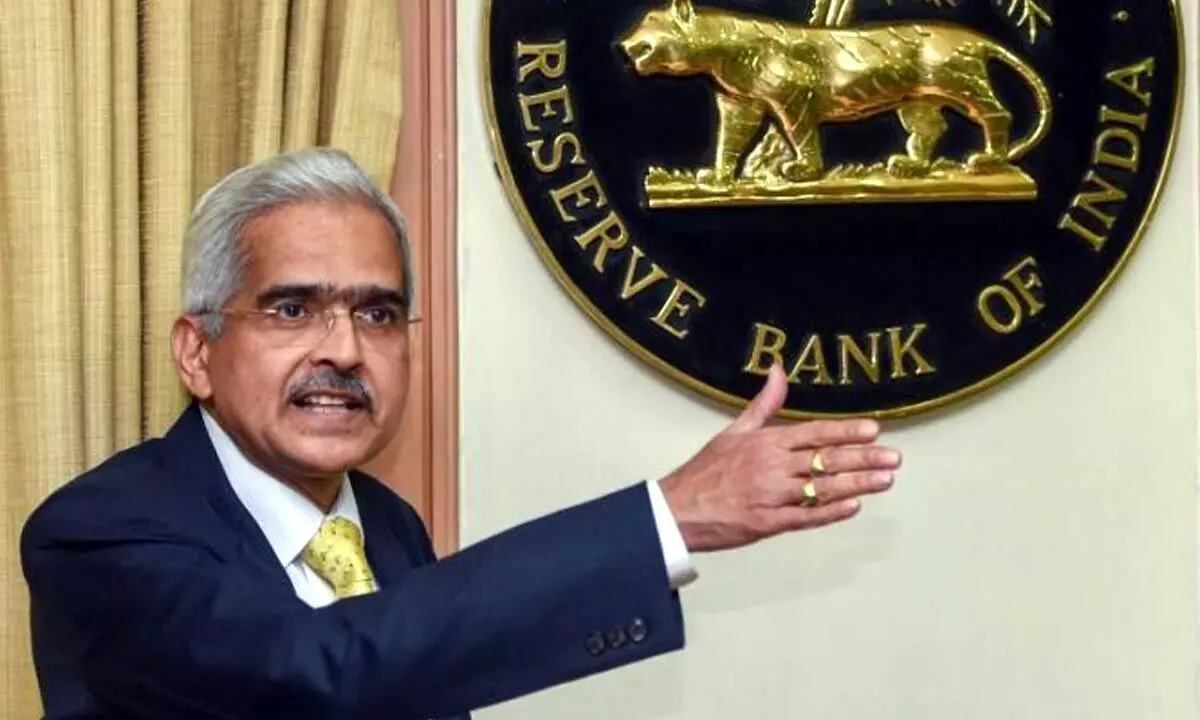RBI Guv is bang on in urging PSU banks to streamline governance
Financial institutions should adopt risk and compliance management practices
image for illustrative purpose

The banking sector has witnessed the prevalence of profound risks like credit, operational, IT/cyber-security, data privacy, business continuity and conduct. Hence, it is essential that organizations view risks holistically, and proactively integrate high-impact risk management practices into their overarching growth and go-to-market strategies. The evolving regulatory landscape has made compliance a pressing challenge for today’s organizations
In a welcome initiative, RBI Governor Shaktikanta Das recently interacted with the directors of public sector banks to take stock of the situation and to discuss suitable enhancement of governance in banks.
The conference, held in New Delhi, was aptly themed ‘Governance in Banks - Driving Sustainable Growth and Stability’.
The conference was also attended by Deputy Governors M.K. Jain and M. Rajeshwar Rao and Executive Directors.
The Governor recognized the contribution of banks in boosting the country’s economy and reiterated the importance of strengthening senior management so as to bolster risk management practices in the industry.
It was summed up by the central bank, which said in statement later, “The Governor also emphasized the need for banks to ensure continued financial and operational resilience.”
Talking to Bizz Buzz, Jaya Vaidhyanathan, CEO of BCT Digital admired Shaktikanta Das and the directive towards ensuring financial and operational resilience.
According to Vaidhyanathan, “Given the turbulent macro-economic circumstances, it is crucial that financial institutions adopt proven and effective risk and compliance management practices. We are noticing that almost on an everyday basis, more pertinent risks are emerging, thereby posing new challenges to businesses’ operations.”
Das exhorted directors of banks to further strengthen their respective governance and assurance functions (risk management, compliance and internal audit) so that they are able to identify and mitigate risks at an early stage.
Recently, the banking sector has witnessed the prevalence of profound risks like credit, operational, IT/cyber-security, data privacy,
business continuity and conduct. Hence, it is essential that organizations view risks holistically, and proactively integrate high-impact risk management practices into their overarching growth and go-to-market strategies. On the other hand, markets have witnessed the emergence of effective approaches using technology and analytics, which help organizations identify, assess, mitigate, and monitor risks, objectively.
The evolving regulatory landscape has made compliance a pressing challenge for today’s organizations.
Vaidhyanathan further stated, “It is critical for organizations to constantly monitor adherence to external regulatory and legal requirements as well as internal policies and bylaws through a single
pane of glass. In addition, they need to promote a culture of good governance, wherein the imperative of proactive compliance to rules
and regulations percolates to the grassroots of the organizational hierarchy. Integrating effective technology becomes important in this regard, as befitting solutions can automate the entire compliance processes including identifying, assessing, and monitoring adherence for organizations.”
The evolving financial and economic landscape necessitates constant regulation of compliance, which can only be inspired with a focussed good governance culture.
By embracing the principles of ethical and transparent management practices, banks can navigate complex challenges, ensure regulatory adherence and enhance their overall resilience. Hence, timely intervention of regulatory bodies is essential to keep check on the financial wheels of the country’s economy.

